Finally, eight months after its US premiere and a month after it triumphed at the Oscars, Christopher Nolan’s Oppenheimer has opened here in Japan. The film had been mysteriously delayed and there were rumors it would never be screened in the only country to suffer the consequences of a nuclear bomb.
No definitive explanation was ever given for the lengthy hold up, but it was almost certainly due to concerns about the subject matter, especially since Prime Minister Fumio Kishida is a native of Hiroshima and lost relatives in the blast. Timing may also have been a factor, as the buildup to the worldwide release coincided with Kishida’s hosting of the G7 summit in his hometown. One theme was global peace and nuclear disarmament and the Oppenheimer premiere might have proved awkward.
In the end, the film has opened like any other Hollywood blockbuster. There were no organized protests, no boycotts and not even much overt criticism. All this despite the well-aired controversies of the absence of any depiction of the A-bomb blasts and not a single Japanese actor featuring in the film. It could be that the long delay was effective in taking the heat out of the debate.
A supplementary benefit of the lag was that it prevented the chalk and cheese pairing of the film with Greta Gerwig’s Barbie (thus “Barbenheimer”). Oppenheimer posters in Japan hang next to those for Wim Wenders’s Perfect Days a contemplative and poetic study of one man’s inner life. It’s a less provoking juxtaposition.
There has been criticism, but it has been measured and constructive. A positive commentary by the lawyer Hiroyuki Shinju, published by the Tokyo Bar Association noted that the film “can serve as the starting point for addressing the legitimacy of the use of nuclear weapons on Hiroshima and Nagasaki, as well as humanity’s, and Japan’s, reflections on nuclear weapons and war.”
That could well lead to a new Japanese version of the bomb story with Takashi Yamazaki, director of Godzilla Minus One, which won the Oscar for visual effects and is also a powerful statement on nuclear catastrophe, tipped as the potential director.
Yamazaki took part in an online dialogue with Christopher Nolan and said: “I feel there needs to be an answer from Japan to ‘Oppenheimer.’ Someday, I would like to make that movie.” Nolan described this as a “perfect suggestion.” He might need to be quick though, such a film may already be in production. Screenwriter Elizabeth Bentley is apparently adapting a 230-page memoir of a Hiroshima survivor Kiyoshi Tanimoto for a film to be titled What Divides Us.
The once powerful anti-nuclear lobby, whose marches through Tokyo attracted sizable numbers, is no longer the force it once was. The movement received a second wind after the Fukushima nuclear accident of 2011, but that has dissipated. There are few now who can talk about the bomb with the searing vividness of Kiyoshi Tanimoto, who recalled in his memoir: “The whole city was covered in dark clouds and conflagrations were breaking out in various directions… I was terribly afraid. It was then that black drops of rain, as big as raspberries, began to fall.”
This article was originally published on The Spectator’s UK website.



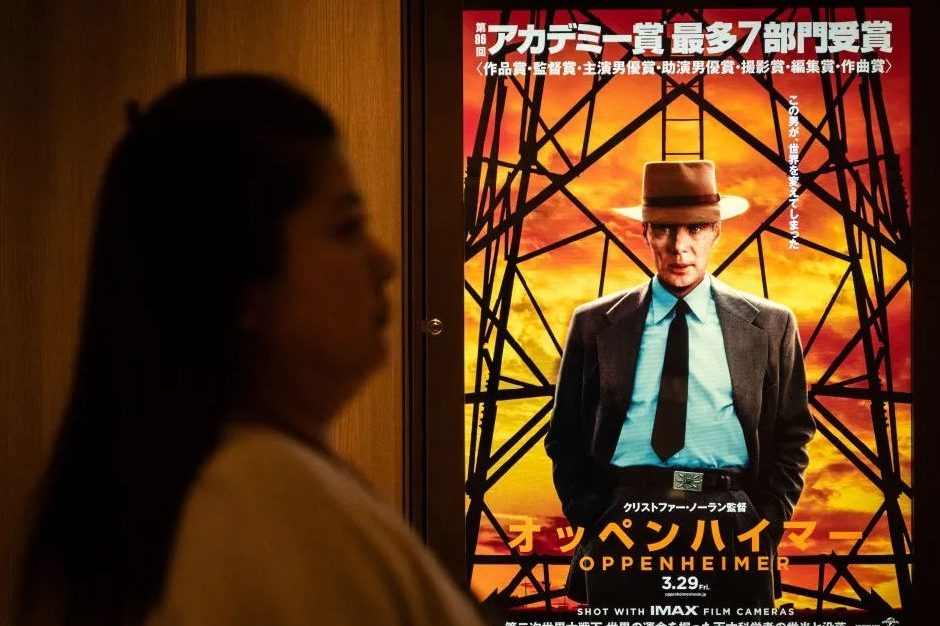






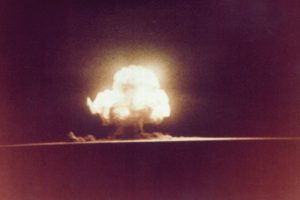
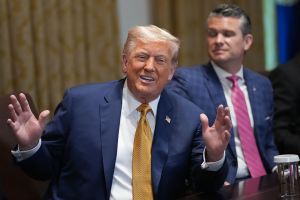

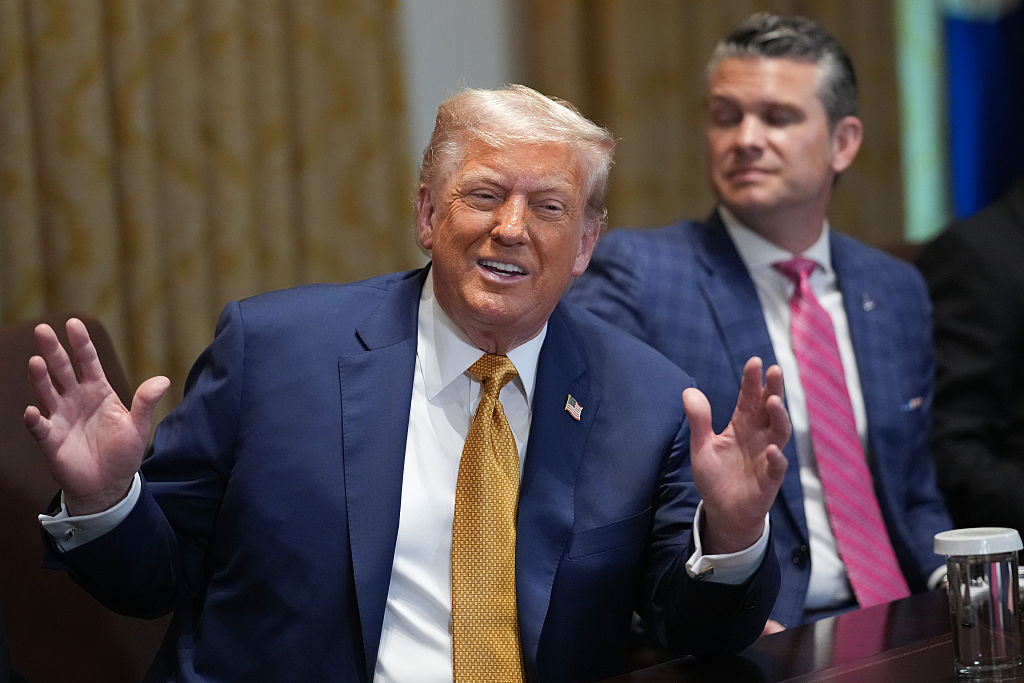
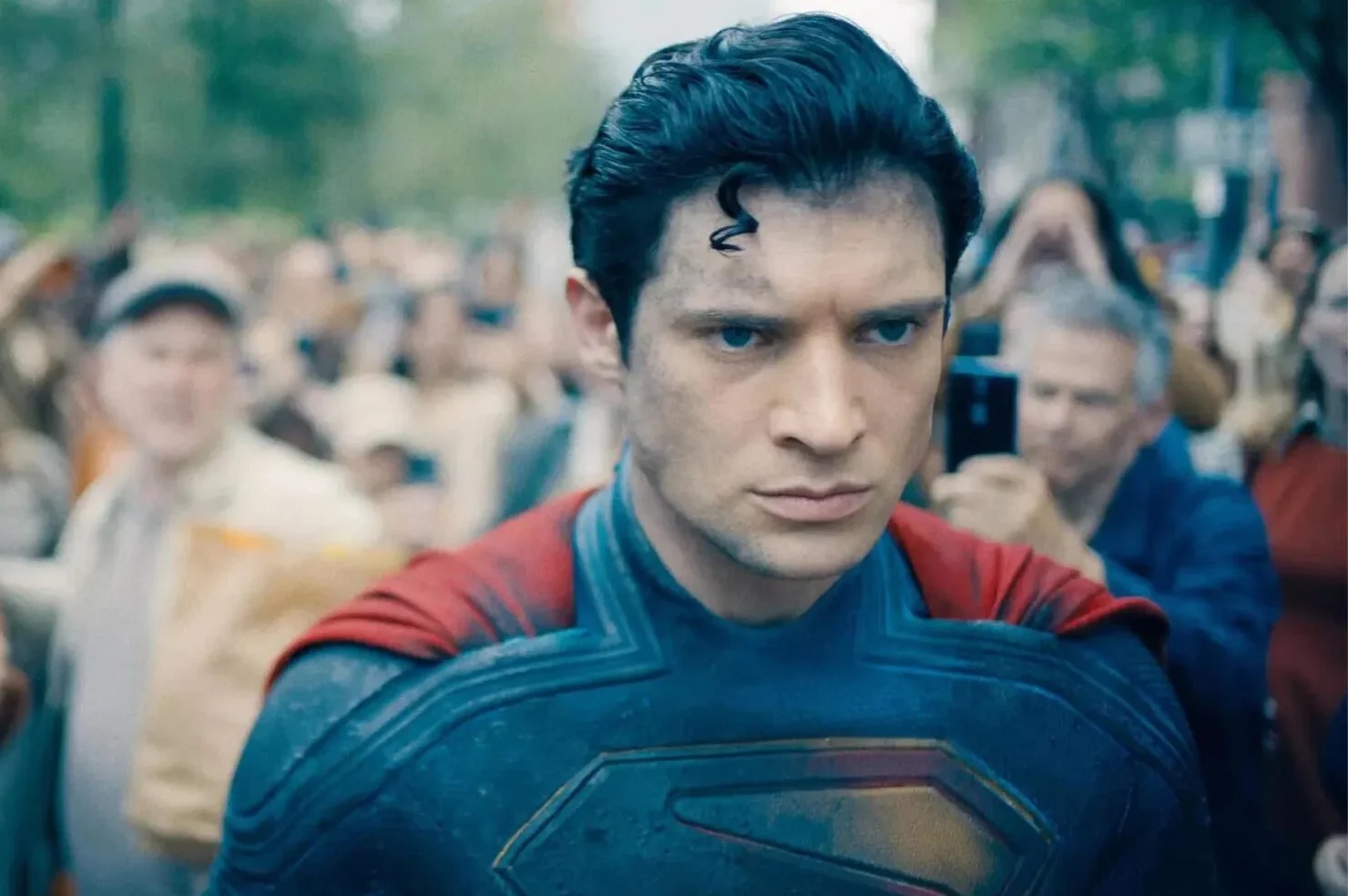
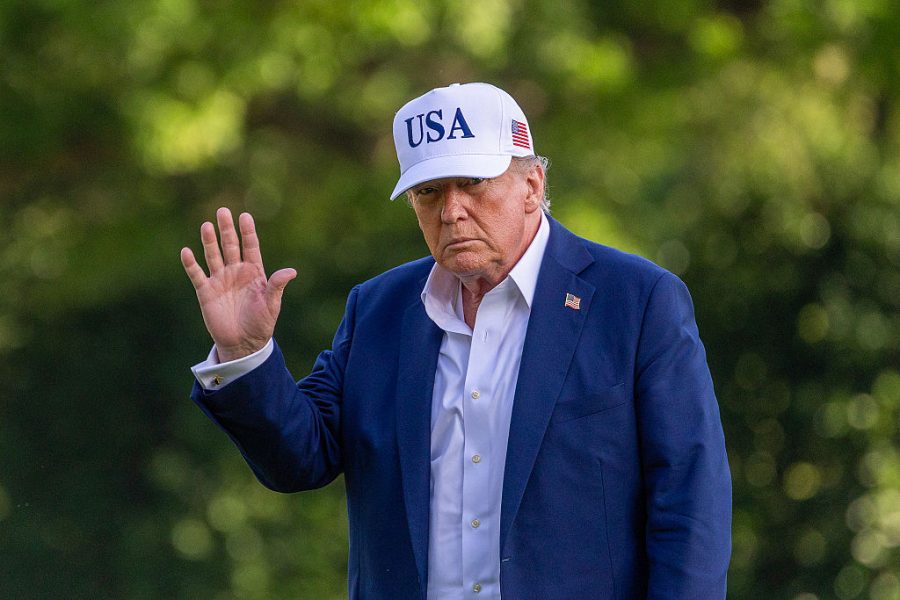
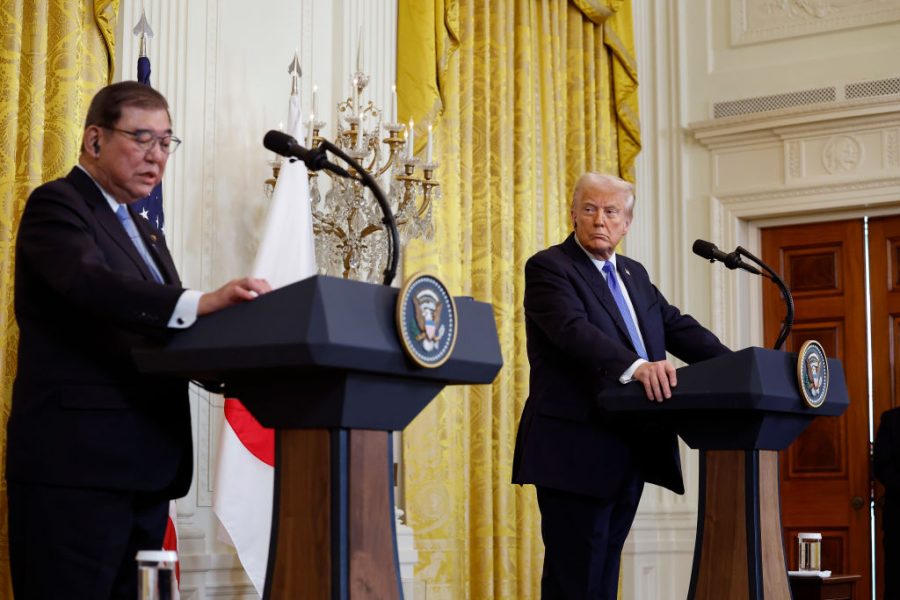

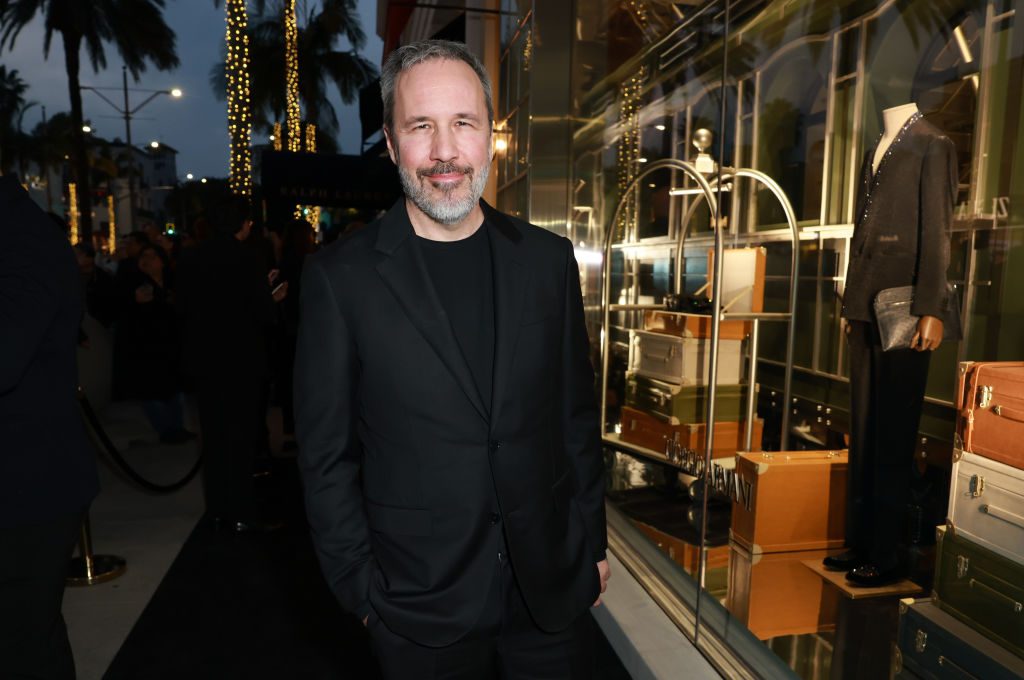







Leave a Reply